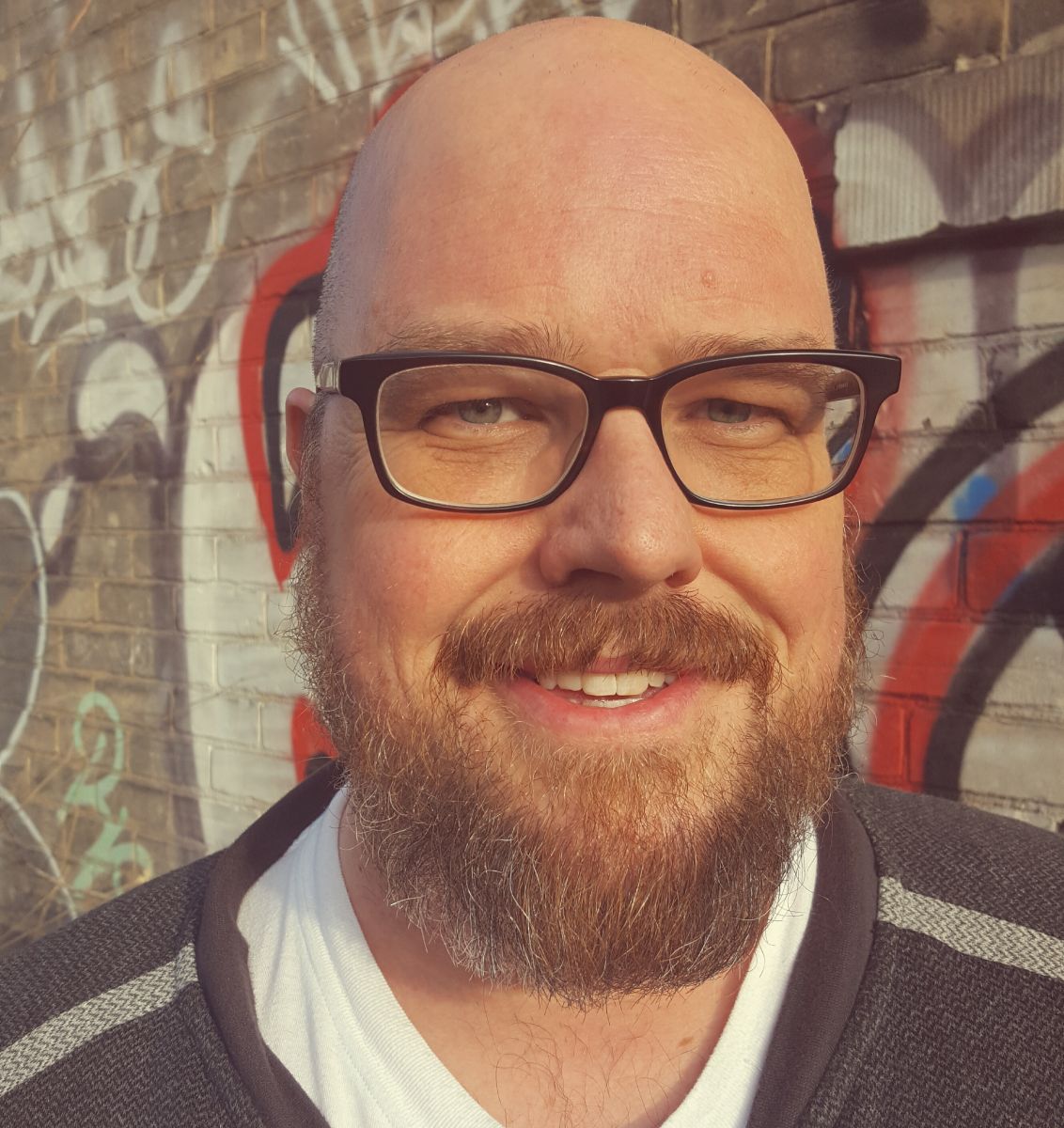
Chris Samuel is a researcher and policy analyst. Originally from Edmonton, Alberta, Chris now calls Toronto home. He is the author of Conform, Fail, Repeat: How Power Distorts Collective Action and is deeply interested in social movement politics, the labour movement, urban issues and democratic practice. Chris currently works for the Ontario Secondary School Teachers’ Federation where he works on diverse projects including privatization, research partnerships, and the use of data and evidence in both educational practice and political advocacy.
Why did you choose Political Studies as a discipline?
I have a long-standing curiosity about both power and justice. I see them as deeply intertwined, of course, and Political Studies is the obvious choice for trying to think through big questions about why the world is the way it is and how we could collectively make it a better, more just place. Political studies – and political philosophy specifically – gave me a place to think about power and justice in relation to identity, economics, institutions, and democratic practices.
Why did you choose Political Studies at Queen’s for your PhD?
A good friend of mine was in the program and he suggested I give it some consideration. When I met my supervisor, Dr. MacDonald, I felt an immediate connection. From there, the department’s reputation and open and welcoming atmosphere sealed the deal.
What was the focus of your research as a graduate student?
My research focused on normative questions in social movement politics. I wanted to develop a philosophical framework for evaluating the strategies and tactics movements use to choose and pursue their goals. During my MA I was exposed to the sociology of Pierre Bourdieu and it became something of an obsession for me. My PhD was an opportunity to adapt Bourdieu’s scholarship to movements that were (and remain) very important to me: queer and anti-capitalist political struggles. For anyone who is really curious, they can check out the book version of my dissertation, Conform, Fail, Repeat, which is available at BTLbooks.com.
How did your experience as a graduate student in the Department of Political Studies at Queen’s inform your career path?
I began the program intending to pursue a career in academia. However, by the time I finished there were very few tenure-track jobs for critical political theorists. I was older than most of the other students in my cohort and not at a stage in my life where I was willing to eke out a living based on temporary and contract jobs until something tenure-track came around. As a result, my career path has been less of a straight line and more of a zigzag. I see my PhD as a time when I was privileged to have a detached, protected space to explore important ideas and develop my research skills and intellectual flexibility. I think those have served me well in my post-PhD career.
What was your experience of being on the job market?
Between my Master’s degree and my PhD I spent several years working for the NDP and then for a labour union. That experience gave me a career path to fall back onto when it became clear that academia was not going to work out for me. To be honest, it was a tough transition and I had a few angst-filled years as I tried to figure out what kind of work I really wanted to do. I ended up working in the labour movement and I am now very fortunate to be working as a Public Policy Analyst for the Ontario Secondary School Teachers’ Federation. It’s a role that allows me to feel like I’m contributing to the fight for a more just world and also allows me to make use of the skills I’ve picked up through both the academic and non-academic parts of my career.
What advice would you give to students who have recently completed graduate work?
For PhD graduates who are not continuing in an academic path, my best advice is to turn your dissertation into a book. It’s hard work and can take some time (in my case it took almost five years), but it gave me a way to continue working with ideas and issues about which I felt very strongly. It helped me stay connected to a discipline that had been the focus of my life for ten years across three degrees. That’s no small thing. For Master’s students, I’d suggest considering working outside academia between your MA and your PhD, if possible. I believe it makes you a more mature, flexible thinker by the time you’re ready to continue with your graduate studies. It also expands your options for when you finish your PhD.
What are your best memories from your time in the Department of Political Studies at Queen’s?
I truly cherish the insightful and humor-filled conversations I had with Dr. MacDonald. They were soul-feeding in an unexpected and invaluable way. I was also always a sucker for heated debates over the course materials. Overall, though, graduate work is really a rare opportunity to step back from the immediacy of the world a bit and to give deep and rigorous thought to big questions. I’m grateful to have had that opportunity.